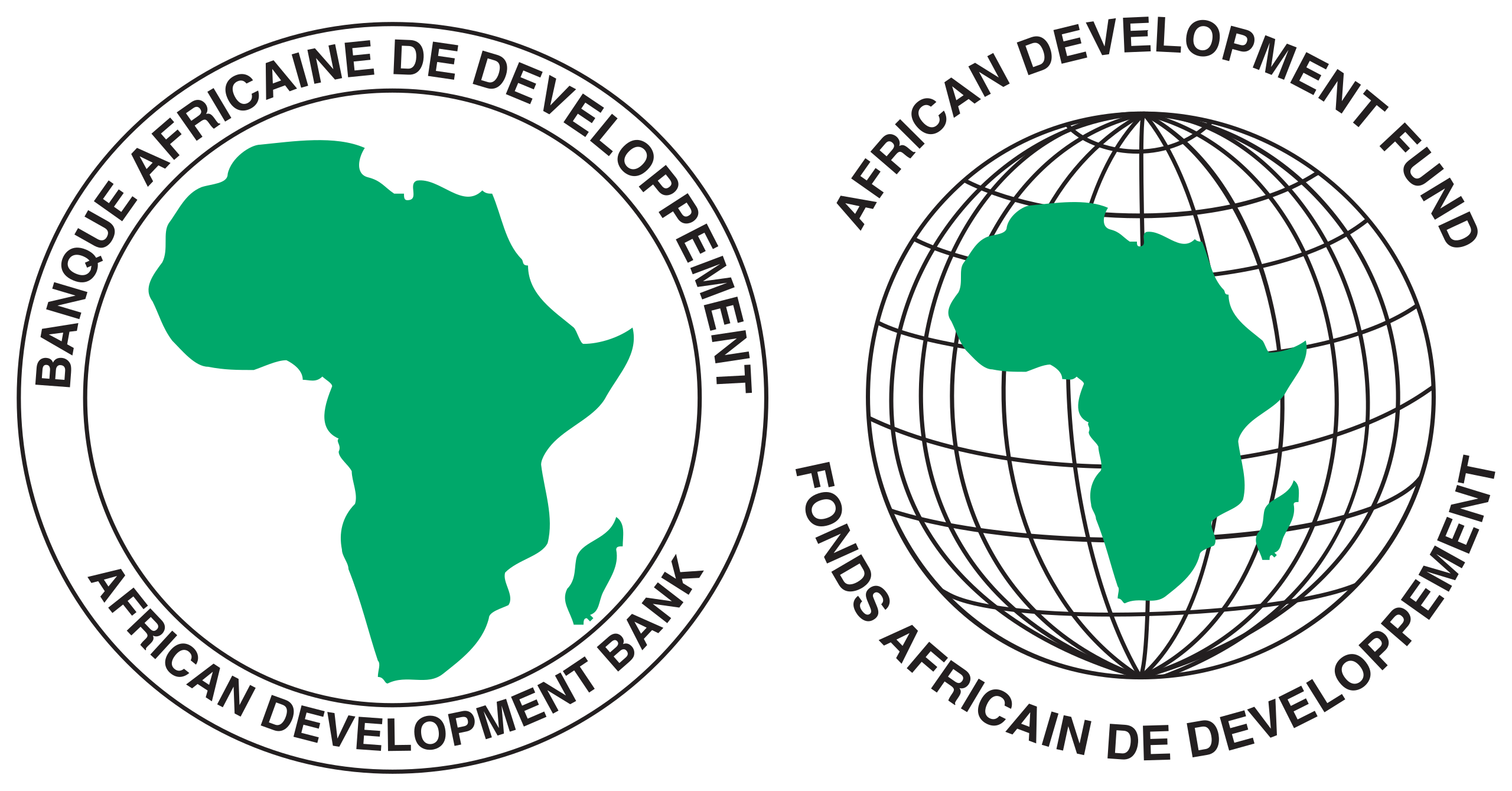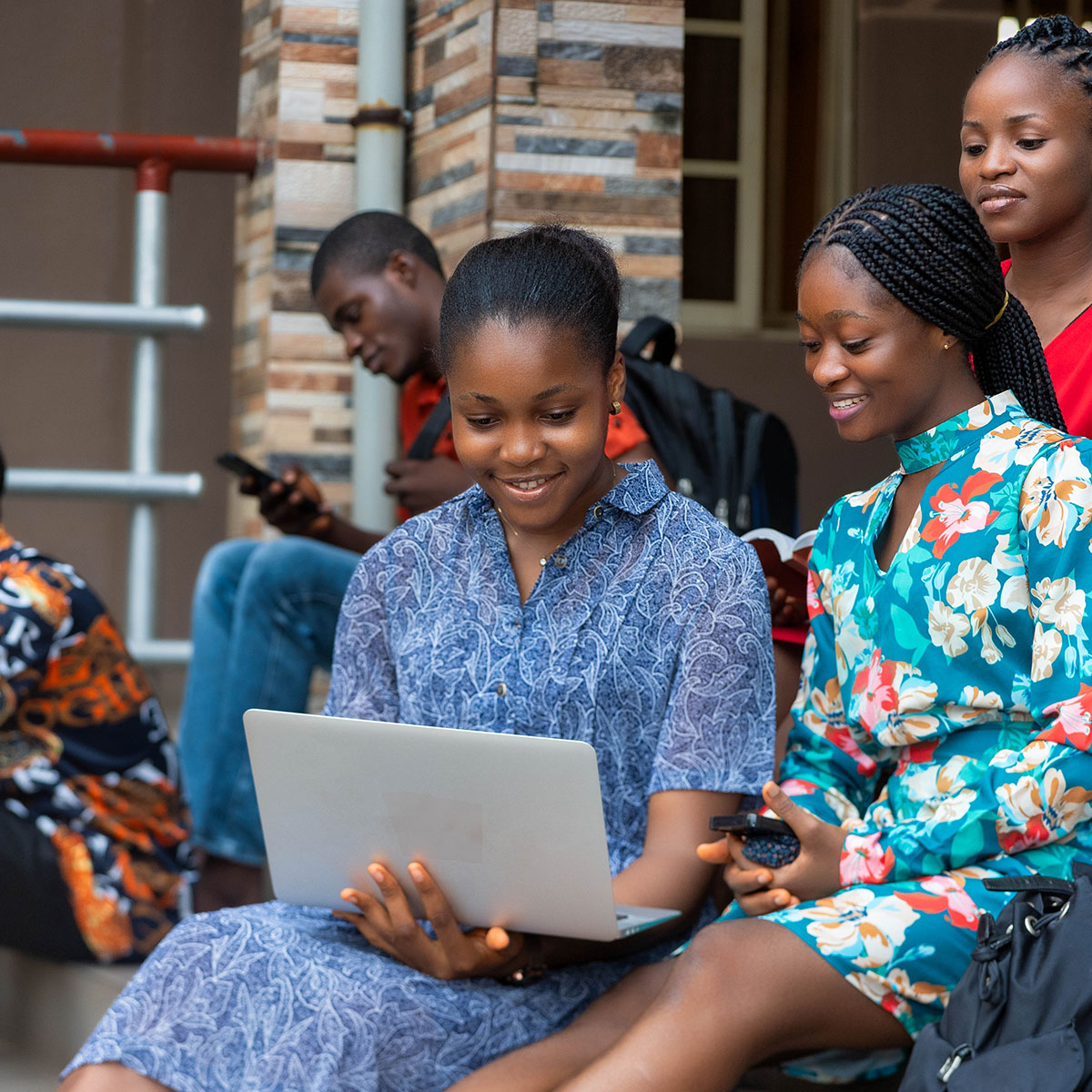
WHAT IS PROJECT BRIDGE
(Building Resilient Digital Infrastructure for Growth)
Project BRIDGE is the establishment of a Special Purpose Vehicle (SPV) aimed at deploying at least 90,000 km of Fiber Optic cables as Nigeria’s core connectivity Infrastructure and national backbone for universal access to Information and Communication Technology (ICT) across Nigeria, under a Private-Public Partnership (PPP) funding model.
This initiative will complete Nigeria’s intended target of 120,000 km of fibre-optic cable roll-out in Nigeria as identified in the Nigeria National Broadband Plan 2020 – 2025.
It is estimated that the total cost of implementation is $2 Billion which will be funded through a combination of debt, in the form of sovereign loans from DFIs (including the World Bank, AfDB and others) and equity, from private sector companies. The Nigerian government will be a minority partner with shareholding not less than 25% but capped at 49%. The SPV will be managed independently as a limited liability company, with a competent Board of Directors and management with reputable careers in telecommunications and relevant industries.
WHAT ARE THE EXPECTED OUTCOMES
Project Bridge represents a significant step towards transforming the nation's digital landscape, fostering inclusion, and driving sustainable economic growth.
PROGRESS UPDATE
- Approval secured from the Federal Executive Council to establish a Special Purpose Vehicle, as public private partnership, which will own and implement the project.
- Funding of project from Development Financial Institutions; ongoing negotiations with 11 Financial Institutions who have shown interest in being a part of this project including the African Development Bank (AfDB), Africa Finance Corporation (AFC), Agence Française de Développement (AFD), Development Finance Corporation (DFC), European Union (EU), International Finance Corporation (IFC), European Investment Bank (EIB), Islamic Development Bank (IsDB), World Bank Group (WBG), British International Investment (BII) and European Bank for Reconstruction and Development (EBRD). We have successfully secured $845 million in funding commitments from leading Development Finance Institutions—including the World Bank Group, AfDB, AFC, and the EU—demonstrating strong international confidence in the project's impact and viability. Engagement with other DFIs is ongoing.
- Commencement of preliminary technical, commercial and regulatory studies which will inform the project implementation.
- Established a dedicated Project Team made up of experienced professionals from the private and government sectors to manage and oversee all preliminary activities crucial to the project’s success .
- Establishment of the National Broadband Alliance for Nigeria (NBAN) which aims to accelerate broadband acceleration by bringing together government agencies, private sector companies and civil society to utilize broadband in socio-economic development
- A targeted public consultation with the private sector generated strong interest, with 30 companies formally registering to invest in the project.
- Preparation of an Environmental and Social Management Plan
COMMITTED PARTNERS

The AfDB - $200m
WHAT DOES THIS PROJECT LOOK LIKE TO AN EVERYDAY NIGERIAN
It is estimated that about two hundred and sixteen thousand, eight hundred and seventy-one (216,871) tertiary institutions, secondary and primary schools, healthcare centers, and social institutions are unable to access the internet sustainably or use its immense resources for development.
With government-backed policies promoting digital inclusion, a booming startup ecosystem, increasing smartphone adoption, the demand for digital infrastructure is at an all time high.
- Connected primary, secondary and tertiary schools which increases learning outcomes
- Connected hospitals thus providing real time data and better healthcare service.


This project aims to bridge that gap by ensuring schools are connected to the internet, thereby enhancing teaching quality, improving student learning outcomes, and fostering digital literacy from an early age. Similarly, connected healthcare facilities will be able to access real-time data, enable more accurate diagnostics, streamline services, and ultimately provide better healthcare delivery to communities across the country.
Frequently Asked Questions (FAQs)
What is Project Bridge?
The Project aims to deploy a 90,000 km national fiber backbone to expand Nigeria’s digital infrastructure.
What is the goal of the project?
With over 33 million Nigerians still offline, this initiative will promote inclusion, boost access to education and financial services, and drive economic growth, job creation, and digital literacy—ultimately creating global opportunities for young Nigerians and strengthening national security
Why 90,000km specifically?
What is the timeline for this Project?
The Project will roll out over five years, starting with a 30,000 km fiber build in Year 1. The SPV will be incorporated in Q3 2025 to lead implementation and drive accountability. Phase timelines and milestones will be shared on the FMCIDE website as they are finalized.
How is this project funded?
The Project is funded through sovereign loans from leading Development Finance Institutions (DFIs), including the World Bank Group and AfDB. Additional funding will come from equity contributions from private sector companies.
How can I get involved or contribute?
There are several opportunities to get involved. Kindly check the FMCIDE website regularly for updated information. All calls for participation, including vendor opportunities and public engagement forums, will be posted there.
Who can I contact for more information?
Send all requests for information to projectbridge@fmcide.gov.ng


